The digital era offers a wealth of opportunities and continual extracurricular activities for your kids’ education. Children throughout the world can now access Synthesis, an online curriculum developed by SpaceX to promote innovative problem-solving and teamwork.
Josh Dahn is the co-founder of Synthesis. He also founded Ad Astra, which is a school on the SpaceX campus. Elon Musk’s children attended a private school where Josh had worked, and after talking about what they didn’t like about it, Elon persuaded Josh to open his school for both his kids and the kids of SpaceX employees.
Synthesis was a course that was initially only taught in a class at the Ad Astra school but is now available worldwide as an extracurricular activity for kids everywhere.
In this Synthesis School Review, you will understand how Synthesis uses interactive, real-world simulation games to test exceptional students. This is how Synthesis works:
A Home Cohort For Every Child

Students are divided into age groups and can take synthesis if they are between the ages of 6 and 15. (6-7; 8-10; 11-13; and 15-15).
You can select the cohort time that best fits your schedule when you sign up. Continual cohorts take place, and your child may interact with children from other nations.
You should be aware that there is a queue for teachers that have applied to join synthesis. When hiring teachers, Synthesis is quite picky. The queue is primarily due to the professors’ acceptance rate, which is less than 4%. This means that the synthesis school reviews each and every teacher adequately and only picks out the best teachers for your children.
Cohort Sessions are Held Once a Week
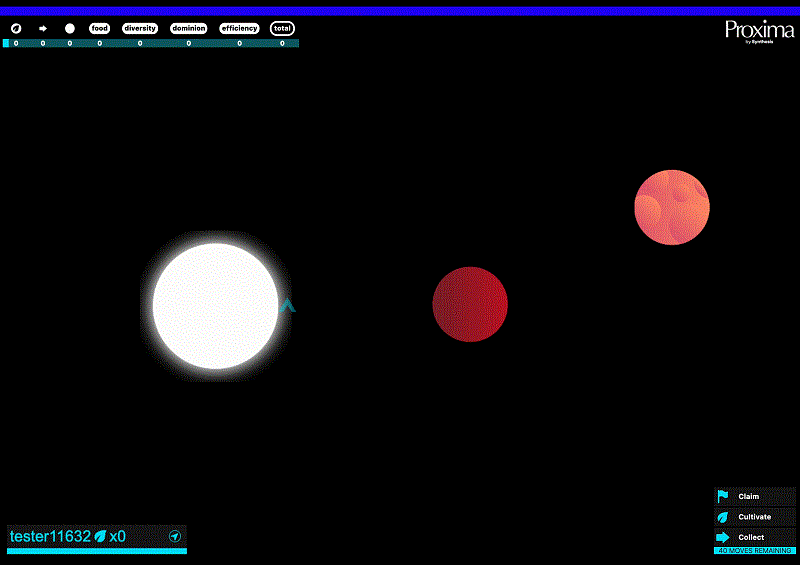
Your child will attend their primary cohort once a week. Each week, they’ll run into the same youngsters and make friends. Some of the more reserved children may feel more at ease speaking as a result of this. The more vocal children will eventually learn to encourage their more quiet companions to express their opinions too.
Children Engage in Cooperative Games and Simulations
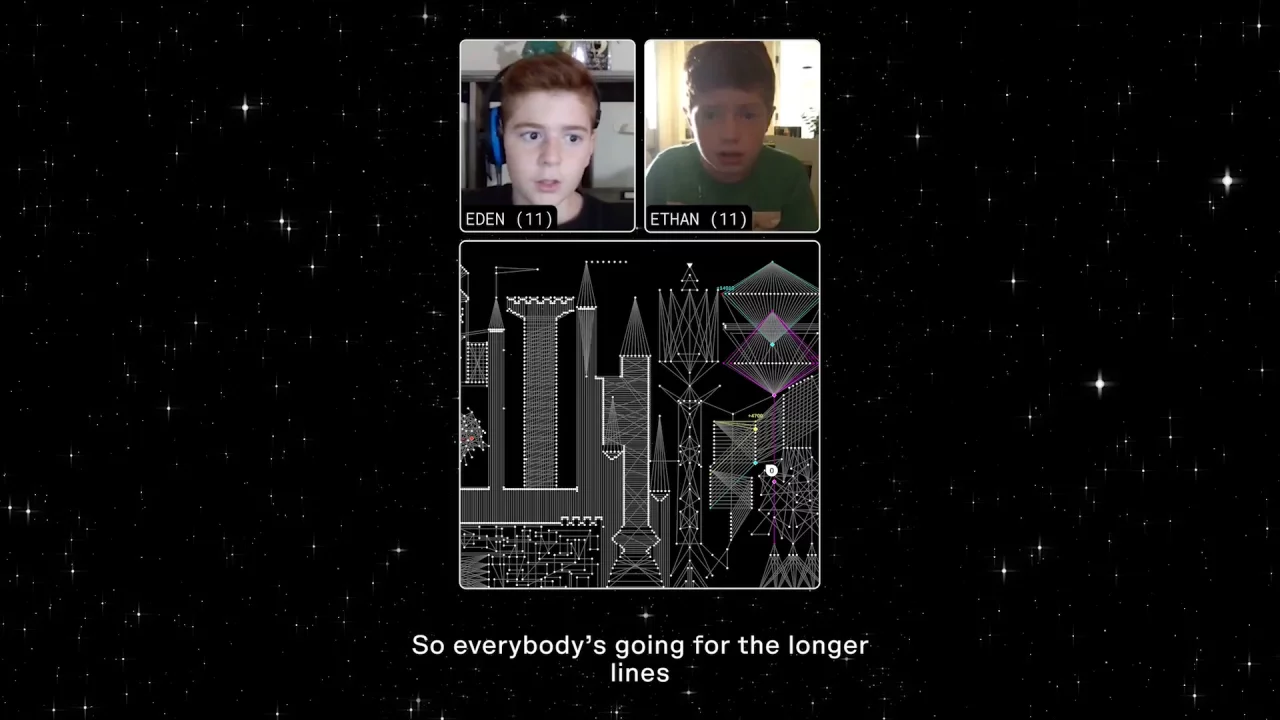
Children engage in cooperative Synthesis games throughout cohort sessions. The company offers several in-house games that are intended to encourage kids to collaborate and think creatively.
For instance, in the game Art for All, children design their art museum and must choose which works of art to bid on and at what rates. Space exploration video games include Constellation and Proxima. In another game called Fish,children must fish to feed the village without eradicating any species.
Collaboration and Competition
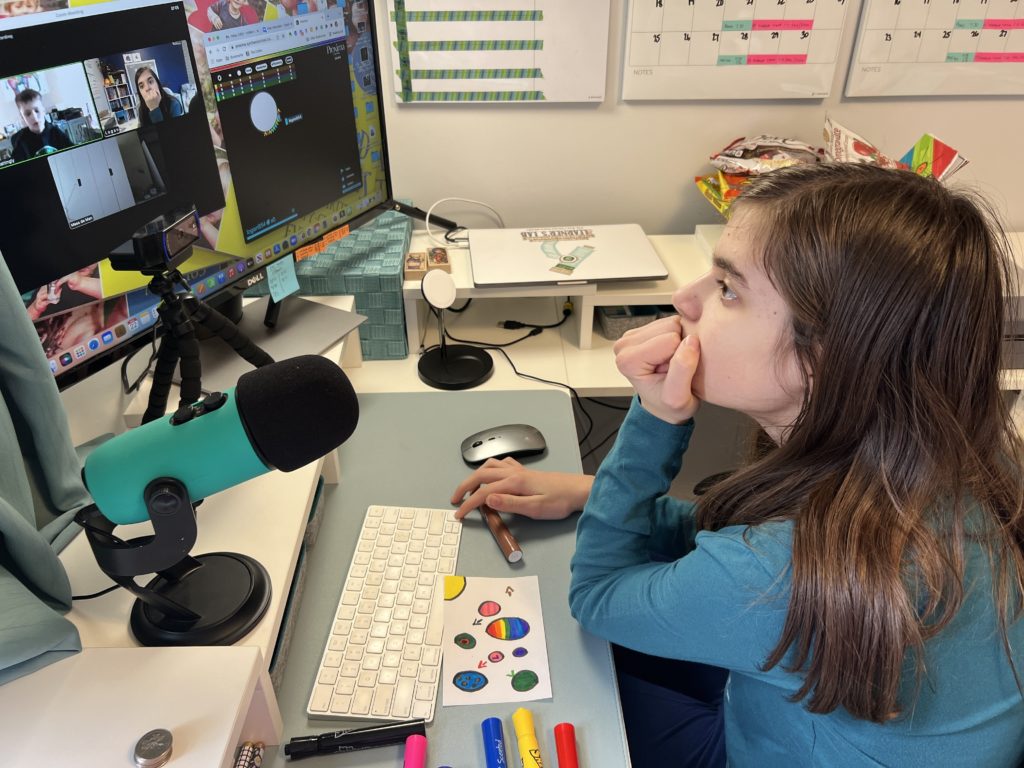
Each weekly cohort session is created to promote both a collaborative and a healthy competitive environment because the children’s capacity to work together will undoubtedly be a factor in how successful they are in the future.
Children collaborate with like-minded peers at Synthesis. They can choose between relatively nearby local friends and online friends who share similar interests and goals.
Sessions are Open-Ended, Intricate, and Extensive

Synthesis gameplay sessions are entirely open-ended, unlike school, which has lectures, correct answers, and guidelines.
Teachers don’t explain the game’s rules to the students; instead, they let them figure it out on their own. Teachers even let the youngsters choose how they want to play the games if they are familiar with them. Children decide, for instance, how to divide cohorts into groups and the ideal team sizes for each game.
Students Are Urged to Overcome Their Uncertainties
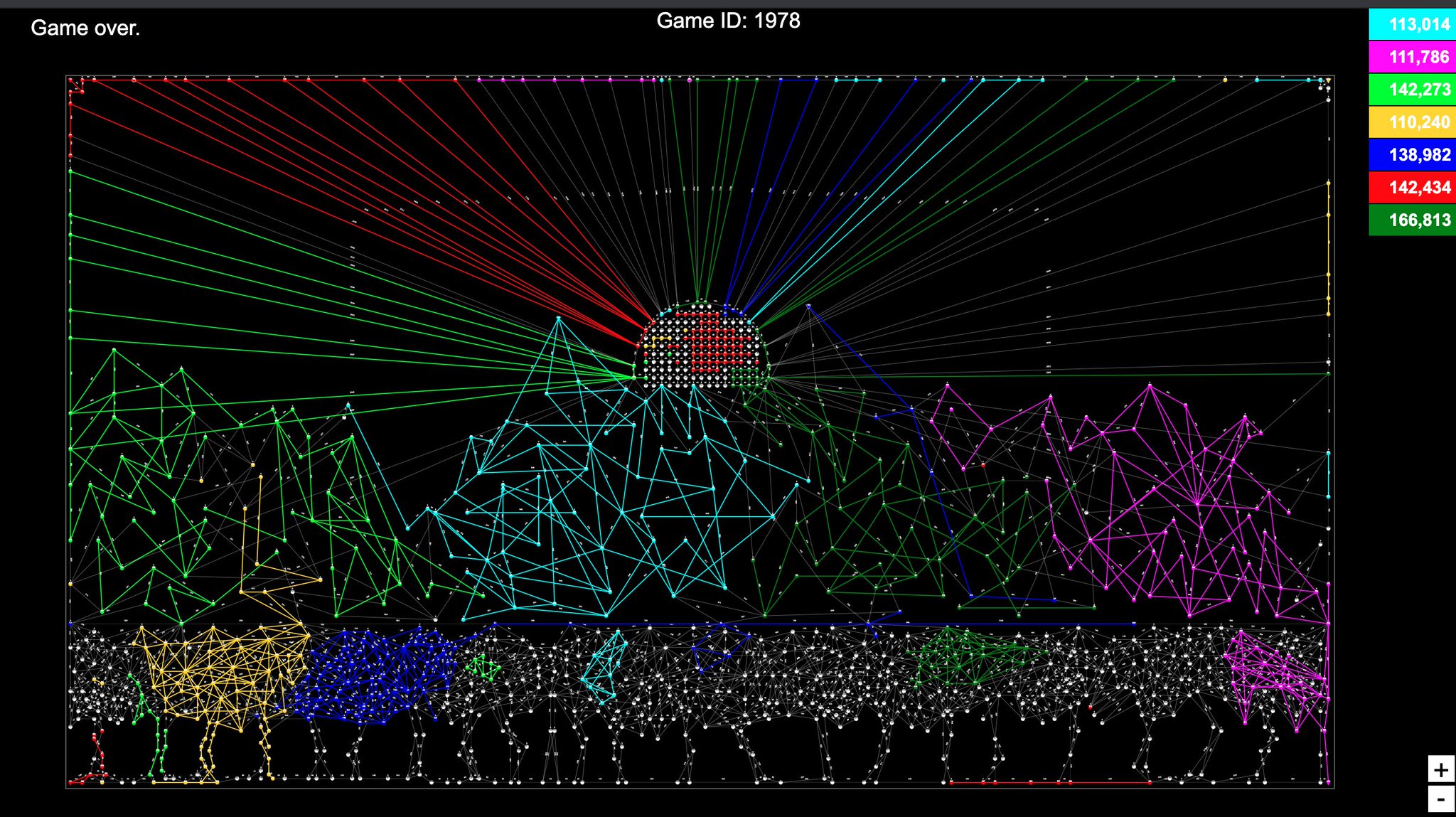
Cohorts for synthesis can be rather chaotic because there are no fixed guidelines or correct responses. Students are urged to speak up even when they are unsure about something and to “embrace the turmoil.”
“What do you know about this game, and what do you not know about this game?” a teacher can ask the class as an example. or to open the conversation, “What are you confused about?”
These kinds of inquiries encourage kids to share their confusion rather than instilling the idea that they should only speak up when they are convinced of the answer.
The 4 Qualities of Synthesis and Why They’re Beneficial for Kids
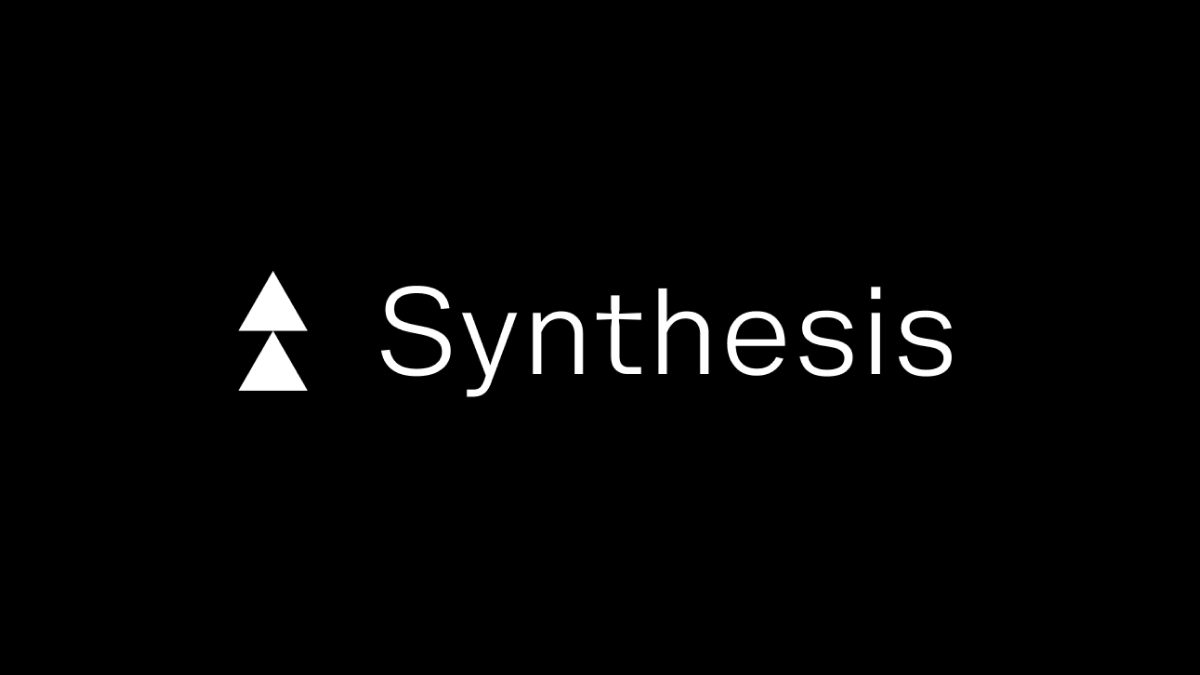
The four fundamental characteristics of synthesis serve as the program’s compass. Teachers routinely discuss these traits with their students and offer encouragement as they grow in these areas.
1. Grasp
The focus of this quality is on figuring out the games and what works and what does not.
Students collaborate to solve problems while playing games before they understand the rules.
Kids develop critical thinking skills, an awareness of their knowledge and ignorance, and a need for knowledge.
2. Voice
Even when they are dubious of their thoughts, kids are encouraged to express them.
They are also urged to solicit ideas from their team and assist in fostering collaboration.
Instead of just saying, “I don’t know,” kids learn to solve issues. By speaking up and learning how to allow others the time and space to talk, they acquire confidence and experience.
3. Ownership
This trait focuses on accepting responsibility for what happens during a session and the outcomes.
Children distinguish their self-criticism from their ideas or test runs.
They work on avoiding personalizing analysis.
Children acquire a growth mentality and come to understand that failure is a necessary component of problem-solving.
4. Flow
This trait pertains to appreciating the process of problem-solving instead of getting fixated on the idea that osteosynthesis must only be enjoyed. Kids will naturally live in the moment and stay in the process since they will be so focused on cooperating and playing games. Children also learn how to support one another in maintaining the flow and improving as partners.
Kids who have this trait won’t put too much pressure on themselves, their team, or the process, which sets them up to be excellent problem solvers.
Synthesis School Teachers Review And Their Role
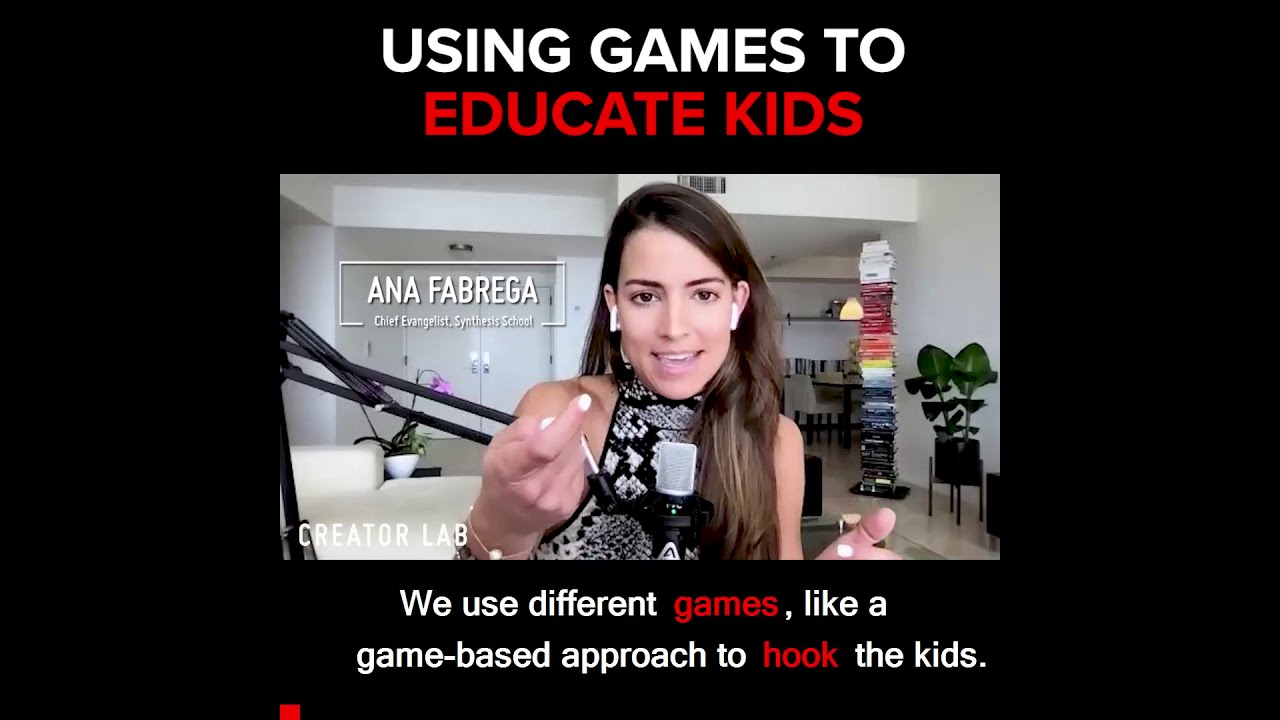
Your child’s instructor at Synthesis is primarily responsible for two things. They plan and lead weekly sessions, provide your child with guidance, and aid in the growth of their communication, teamwork, and problem-solving abilities.
Your child’s teacher will concentrate on assisting them in developing the four fundamental attributes mentioned above through their complicated thinking games.
The teachers employ the Socratic technique to impart these abilities. The professors question the students carefully, allow them to form their distinct viewpoints, and encourage them to discuss their ideas with their classmates.
As a result, the teachers do not advise your children on how to play or win at sophisticated thinking games. Instead, they promote a climate that encourages experimentation, learning, and introspection in children.
The teachers provide learning opportunities that support students in gaining a deep understanding, lifelong lessons, and improved perceptions of effective teamwork and problem-solving.
Decision-Making and Conversations are Facilitated by Teachers
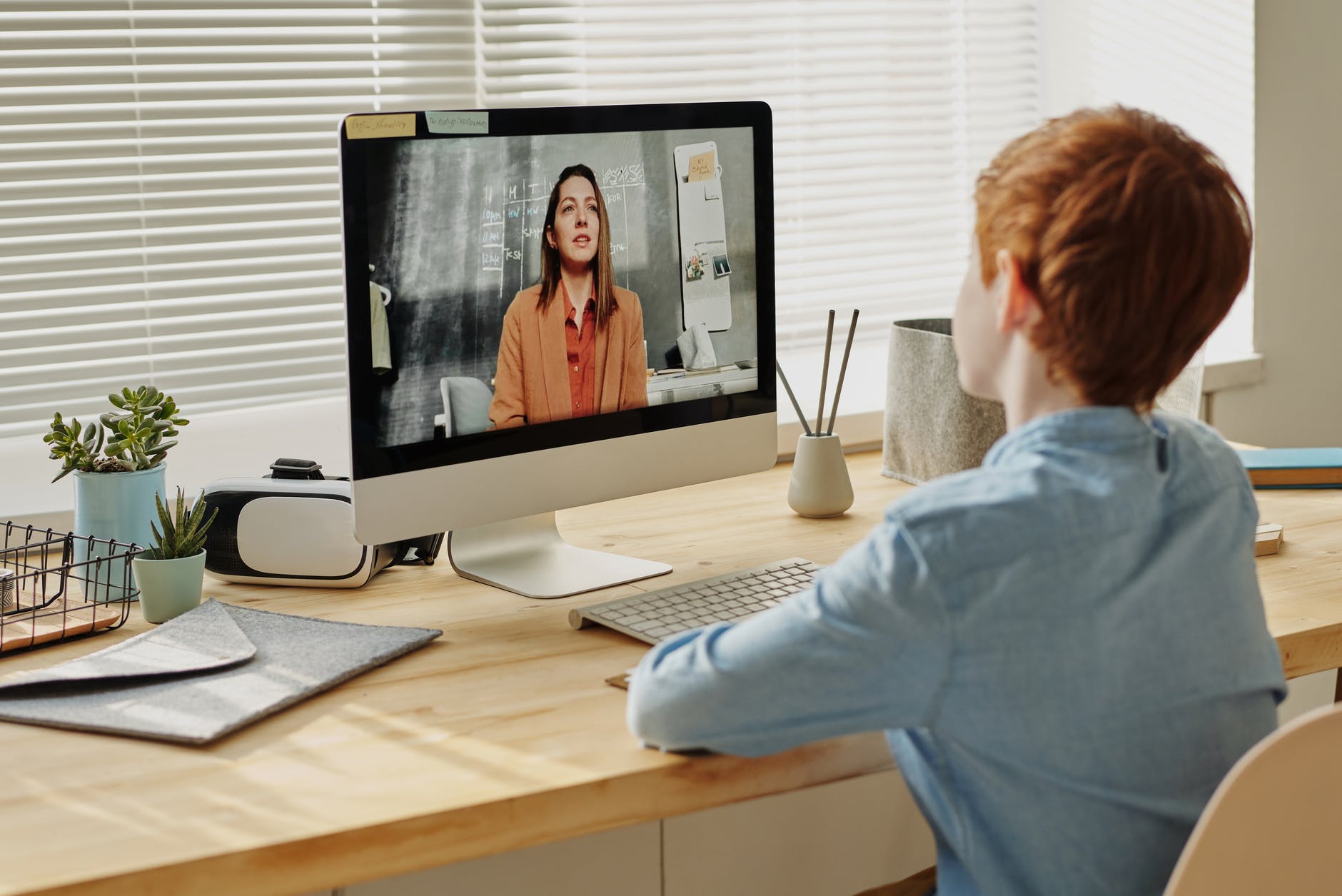
Teachers increasingly play the role of facilitators. They assist students in developing their game-related hypotheses and in selecting which ones to test.
Instead of polling the kids and picking the top suggestions, they help the kids make their own decisions.
Teachers also assist the students in analyzing the game’s outcomes once it has concluded. Students are urged to evaluate their performance and determine why some teams performed better than others.
Other Questions You Might Have:
Is Synthesis an All-Day School?

There is no full-time program at the Synthesis school at the moment. Children aged 8 to 14 can participate in the Synthesis enrichment program. They teach children a crucially vital ability that is rarely taught in conventional schools. Students are made to work in teams to tackle complicated problems instead of the regular curriculum they have to follow in any other conventional school. To give their children a well-rounded educational experience, parents frequently combine Synthesis with other educational programs and options.
What Is the Best Thing About Synthesis School?
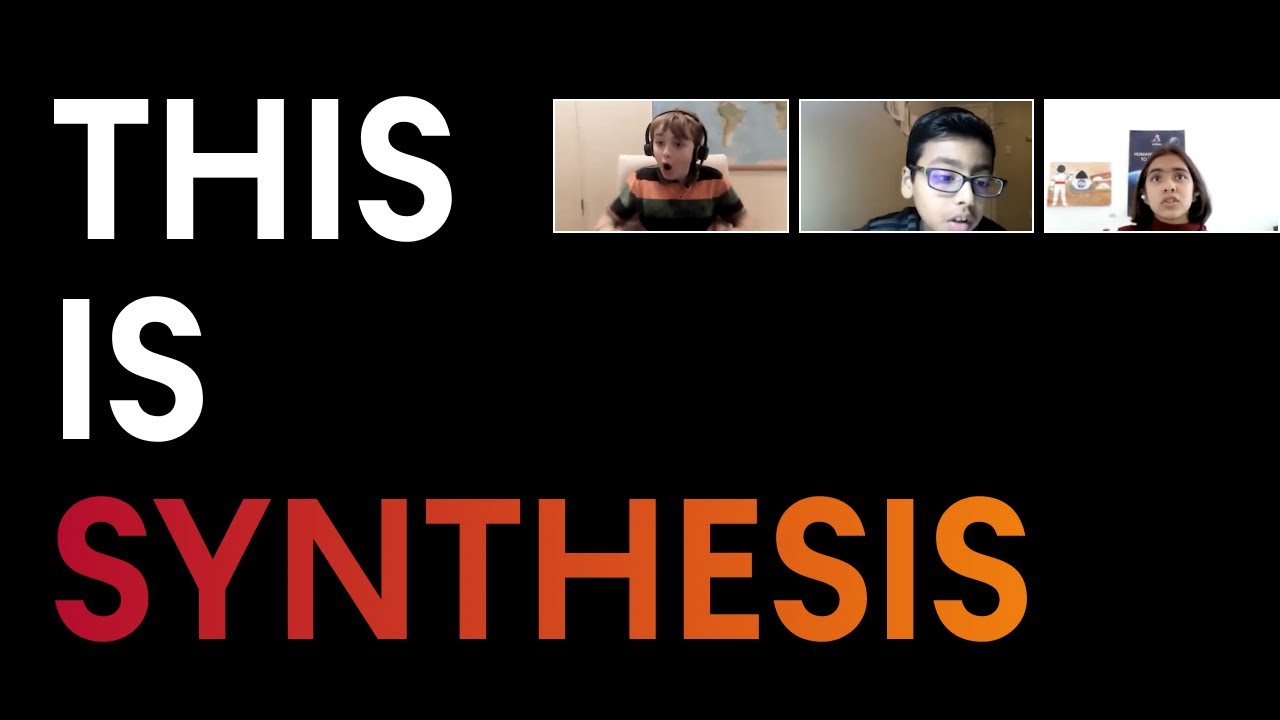
The challenges are the best part. Reaching a predetermined number of points or a specific place on a map might be considered a challenge. Each game has a challenge that their child and their teammates must complete. The challenges are so much fun for everyone and strengthen their bond as a team.
The program’s emphasis on students teaching themselves may be the most important feature of the synthesis school. This is achieved by gamifying the learning process and using inquiry-based learning.
Does Synthesis Offer Specific Assistance to Students with Special Needs?
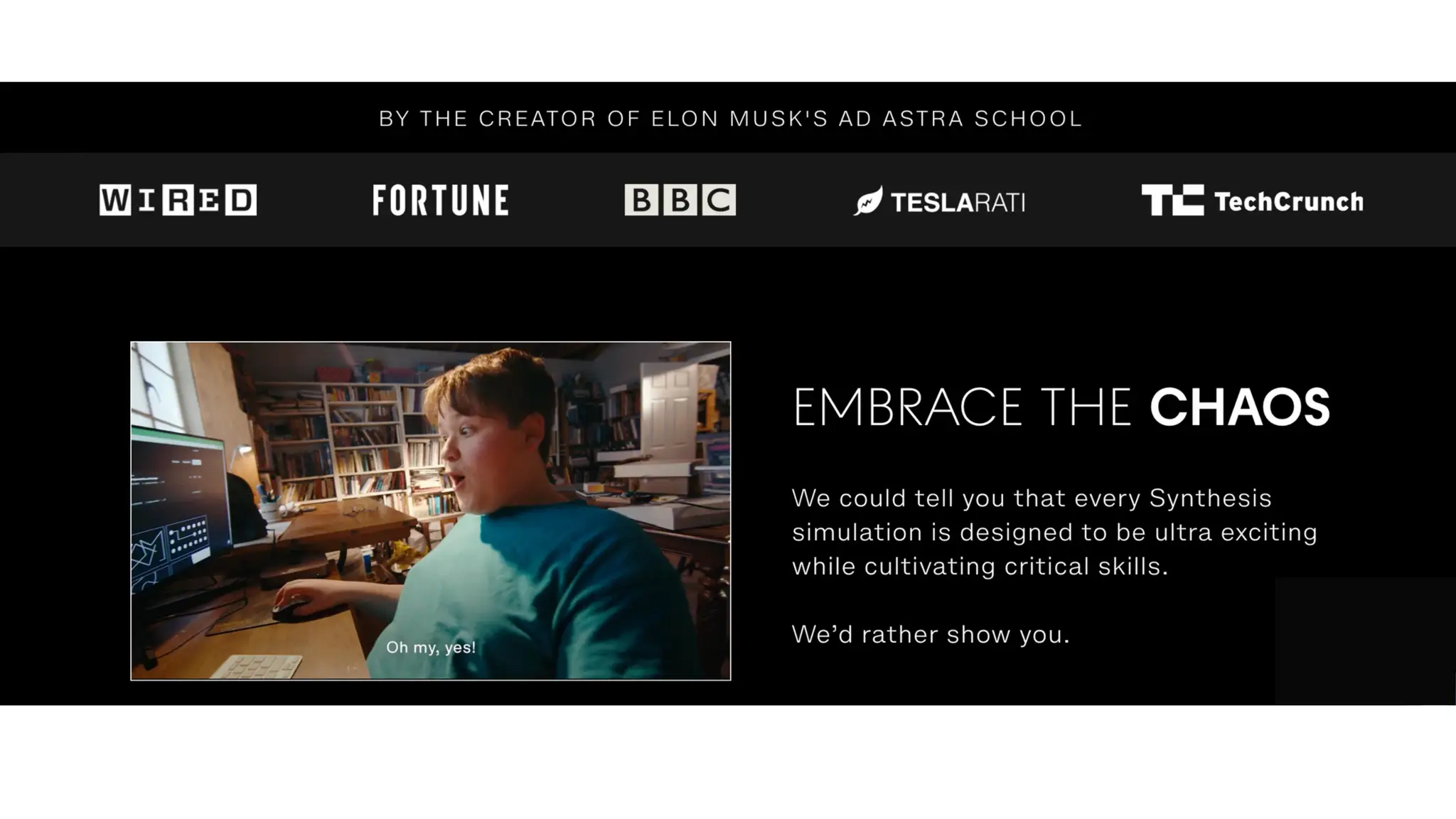
All students are encouraged to become super collaborators through synthesis. If your child has special needs, you can reach out to the synthesis customer happiness team at [email protected]. They will put you in touch with the right person so you can talk about your particular needs and the best accommodations.
Finding solutions that are tailored to your children’s requirements can get very challenging. The good news is that Synthesis is an innovative programme that is designed with accelerated learning and a challenging educational environment in mind.
Does Synthesis Provide Lessons in a Variety of Languages?
At this time, students must be fluent in English to participate in any Synthesis sessions. Cohorts taught in other languages should be available soon, they expect. If you have any questions or concerns, please contact their Customer Happiness team at [email protected].
For Whom is Synthesis Advised?
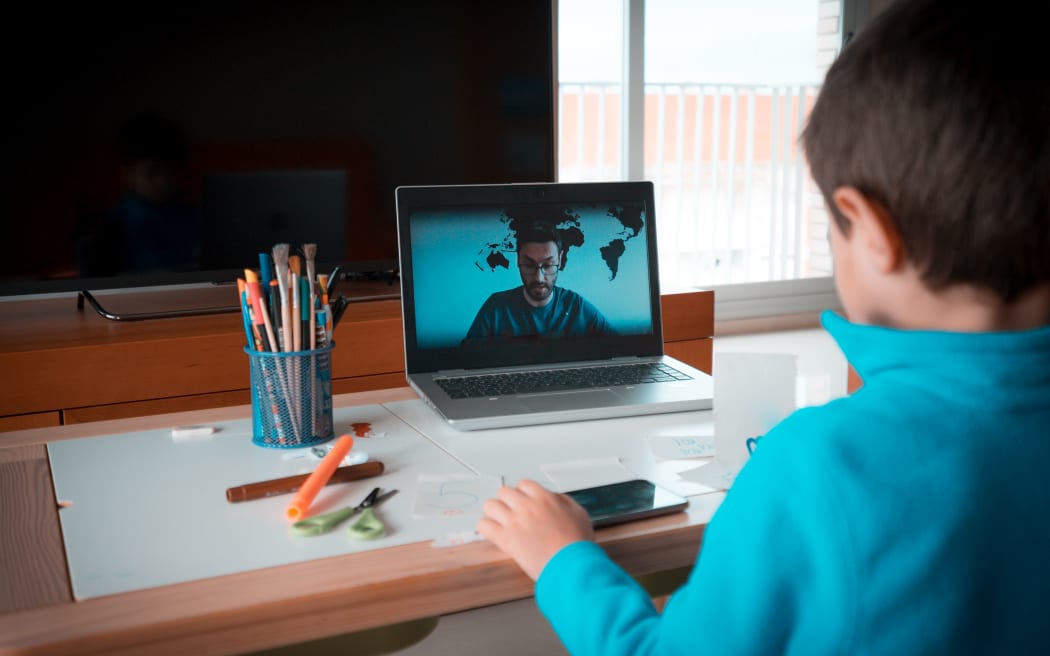
This programme is suggested to anyone looking for a special approach to stretching their child’s thinking and problem-solving abilities while making it enjoyable for them. Our goal should always be to teach our children how to think rather than what to think.
Synthesis helps you accomplish that goal by fostering innovative problem-solving and teamwork and training your amiable yet initially reserved child to express their viewpoints. It will be amazing to watch your youngster gain the courage to speak up and collaborate with others to find creative solutions to issues. Your kid will always have a big smile on their face when they leave a session!
What is the Data Protection Policy for Synthesis?

All information on their platform belongs to Synthesis. They put data-access controls in place across all of their applications. Where appropriate, they permit student-to-student, student-to-parent, and student/parent-to-teacher data access. They do list some properties as being unavailable. They never sell or divulge student information to outside parties.
More information regarding their data protection practices is available at www.synthesis.com/privacy and www.synthesis.com/COPPA.
In Conclusion
To evaluate exceptional pupils, Synthesis uses interactive, real-world simulation games. Each week, a cohort of students gets together to play these sophisticated, inventive games and simulations. An adult facilitator moderates these sessions to promote teamwork and push the students to think critically.
In essence, decision-making, cooperation, and sense-making. Every element of Synthesis incorporates these three significant development areas. Synthesis fosters a culture where making mistakes is recognized as essential to learning. A mistake is an opportunity to learn what doesn’t work so that you can recognize it when it does.
Synthesis is relentlessly accelerated. The gamified learning assignments are challenging and intricate, but they are organized and aided so that even the difficulty itself feels inviting.


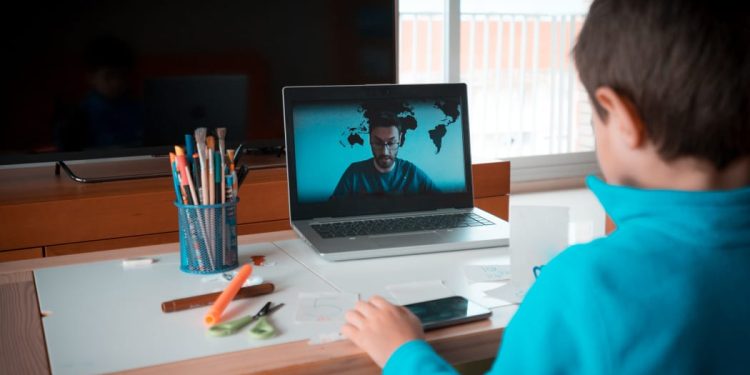



Buenas tardes, quisiera saber más sobre está forma de educación, me parece muy interesante aprender en forma de juegos, también quisiera saber sobre las formas de pago y el precio de la matricula. Tengo una niña de 11 años.
Quedo atenta
Daila Ramirez